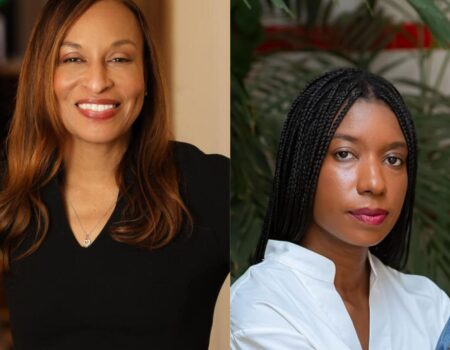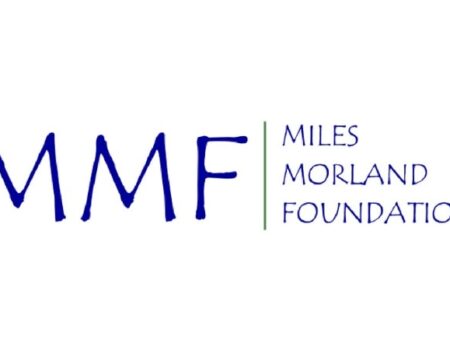…and to Every Muslim Woman Writer Before and Afterwards
To be a visibly-Muslim woman with big dreams is to be plagued by labels. Bittersweet of them all is ‘First … woman to …’; these labels strive to hide our reality. That we often swim, or were carried, through the infernal glass ceilings on the rising tide of blood, sweat and tears of the many unnamed women like us who attempted these feats before.
The first I heard of Leila Aboulela was in an online writing class. Doing my usual performing-humility dance, I fielded compliments on the ‘uniqueness’ of my characters and setting with my standard grouse on the dearth of literary works speaking to the African Muslim women experience. Not in the way we, African Muslim women, relate to.
‘You should look up Leila Aboulela. She writes in that space.’
I blinked at the comment, typed a quick thanks, and opened another tab in my overpopulated browser. A quick search, a bit more clicks, and I held two of her novels in my hands a few weeks later.
I became, after that, a lifelong fan. I’ve read every book she published, many of her short stories too. Yet, the greatest impact of Minaret, Aboulela’s second book, had on me was not as a reader. Rather, the awoke the writer buried deep under a lifetime of practicalities, motherhood and a medical career.
In a recent nonfiction piece published in Wasafiri Magazine, Aboulela reflects on her early writing days: how she “wrote without looking over my shoulder, bearing witness rather than feeding a demand.” Reading Minaret, I found a legitimacy I was not self aware enough to know I sought. Suddenly, writing stories that centered the experience of Nigerian Muslim women – nothing extraordinary in itself – did not seem out of reach.
It has been said that the primary theme of the current generation of writers is identity. Every bibliophile who grew up in the global south can relate their version of never seeing themselves reflected in literature. For those of us who attempted to write, we had the added struggle of trying to knit legitimacy of ourselves into words – writing characters of different races, names, seasons and food than we knew, because those were all we’d ever seen in books. Tiptoeing, apologetic, when we finally begin to embrace ourselves authentically in our writing.
Minaret held up a mirror to the messiness of our African Muslim women’s lives, even in diaspora, especially given the postcolonial shambles our countries are reduced to. To what it meant to be us: the women who carry the hope of a people, a culture, but very little of its glory. It explored our deeply personal struggles with a faith too often depicted as demeaning to us, and its expectations that we are always conscious of. Even the bit of romance in Minaret, was as we lived it, not the candle-lit dinners and erotic culmination of the Harlequin Books we surreptitiously devoured. The female relationship dynamics, class disparity and the pragmatic, almost self-serving, choices the characters made; I knew someone for every character in Minaret.
And I knew then that I, too, would write our stories. Someday.
Muti'ah Badruddeen
Muti'ah, a reproductive health physician and homeschooling mum on hiatus, holds an MA with distinction in Creative Writing (Prose Fiction) from the University of East Anglia. She is the author of Rekiya&Z, a 2022 winner of the SprinNG Women Author Prize in Nigeria. Longlisted for the 2022 Commonwealth Short Story Prize, Muti'ah's works have appeared in Agbowo, the other side of hope, and Brittle Paper, among others, and nominated for the Pushcart Prize and the Best of Small Fiction. Muti'ah is a 2024/ 2025 Escalator Fellow of the National Centre for Writing, UK and is on Twitter and Instagram as @deenprogress.

![You are currently viewing [Featured Post] Witnesses to Our Own Being: A Tribute to Leila Aboulela’s Minaret](https://jaylit.com/wp-content/uploads/2025/01/minaret.png)


